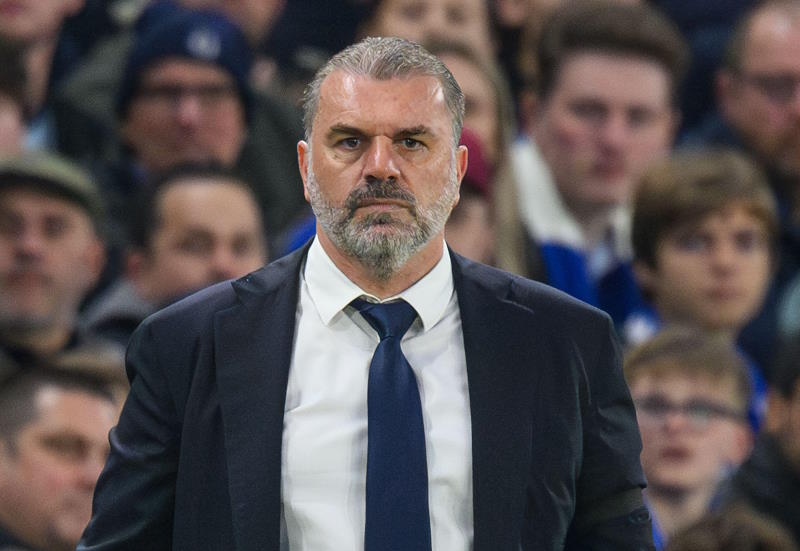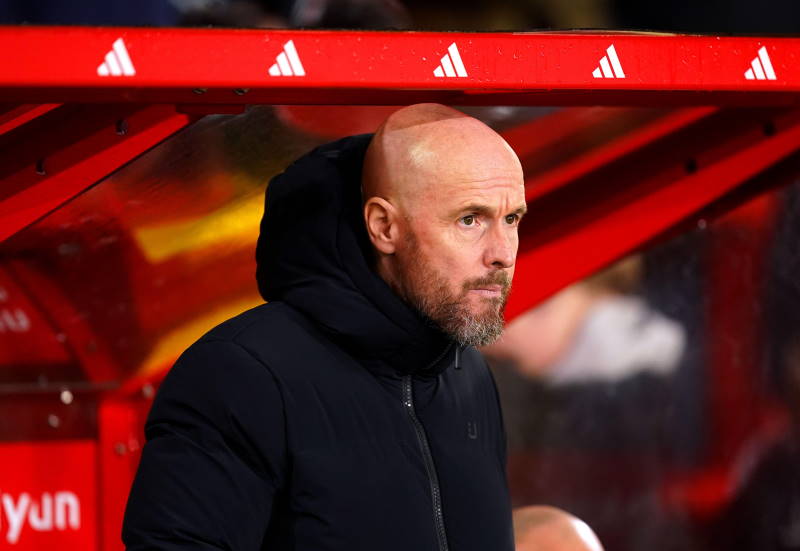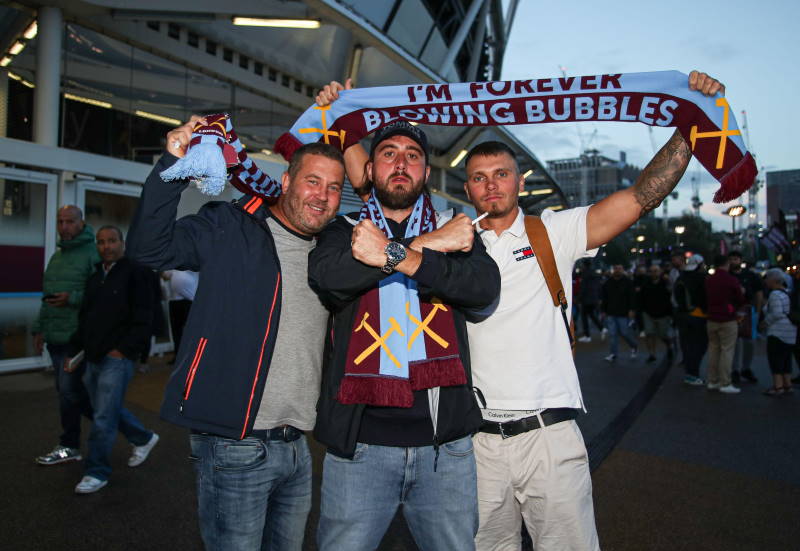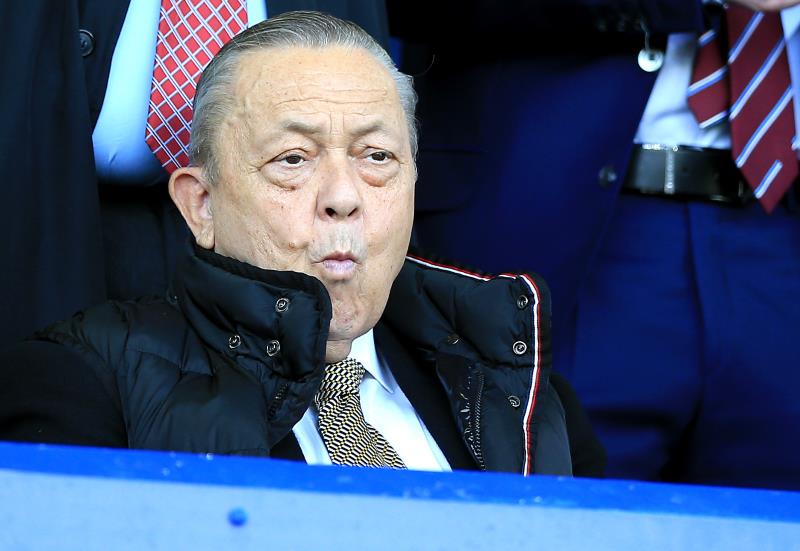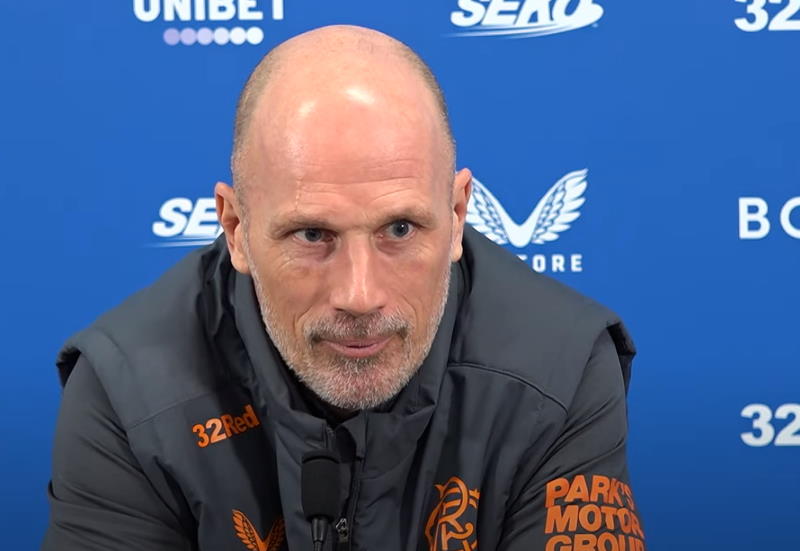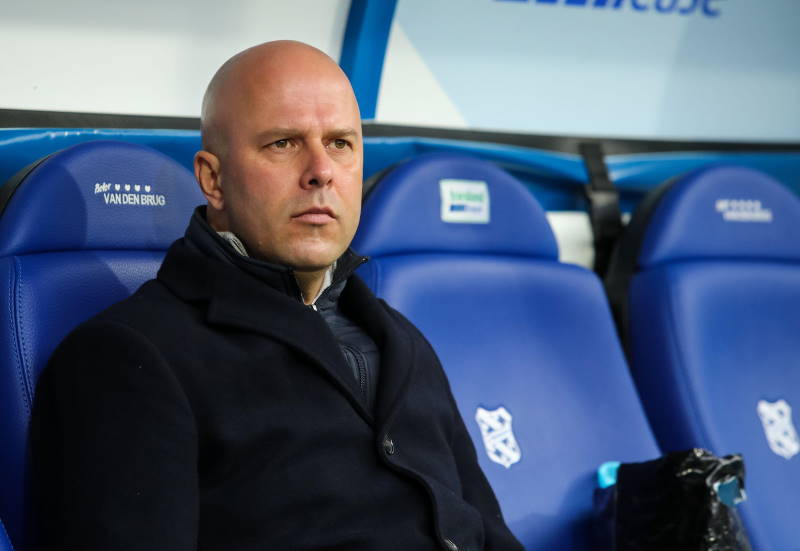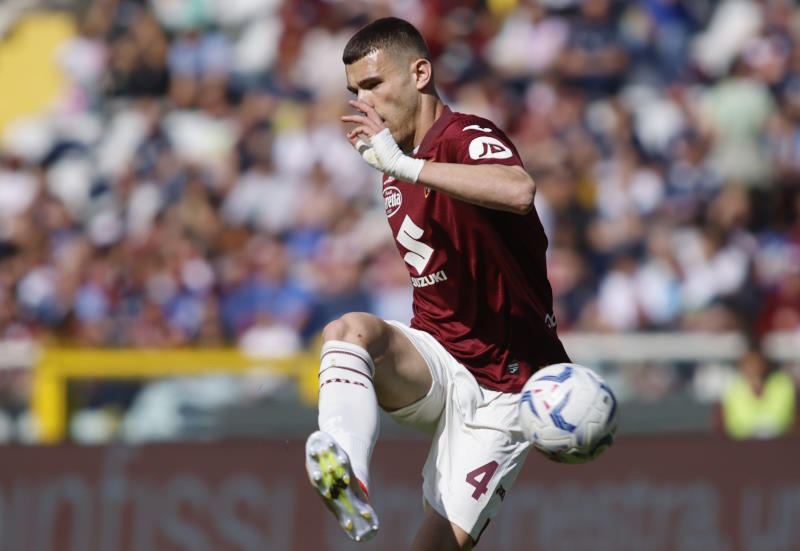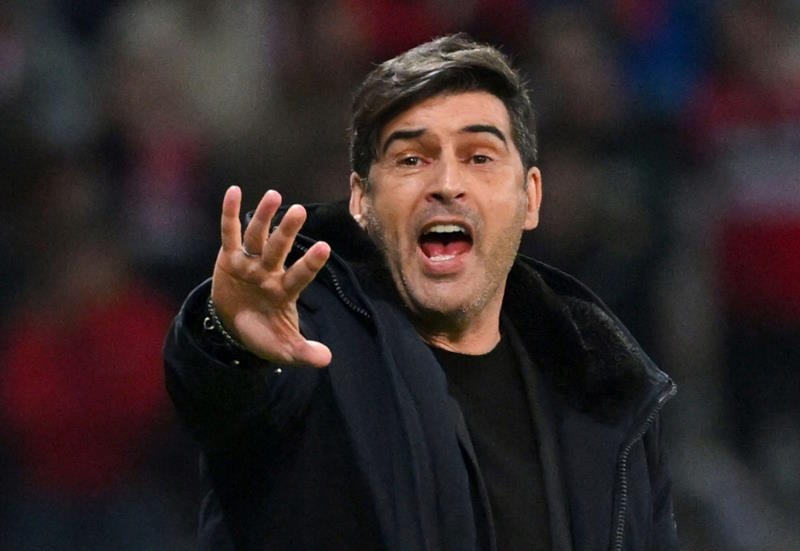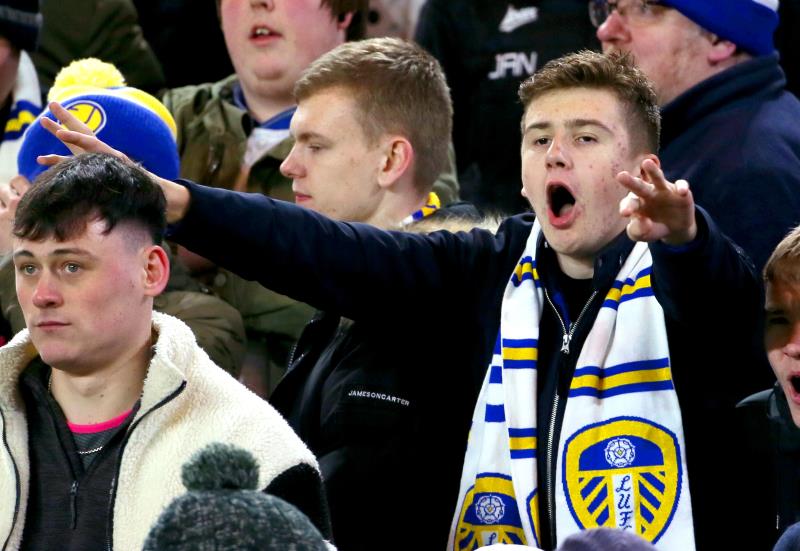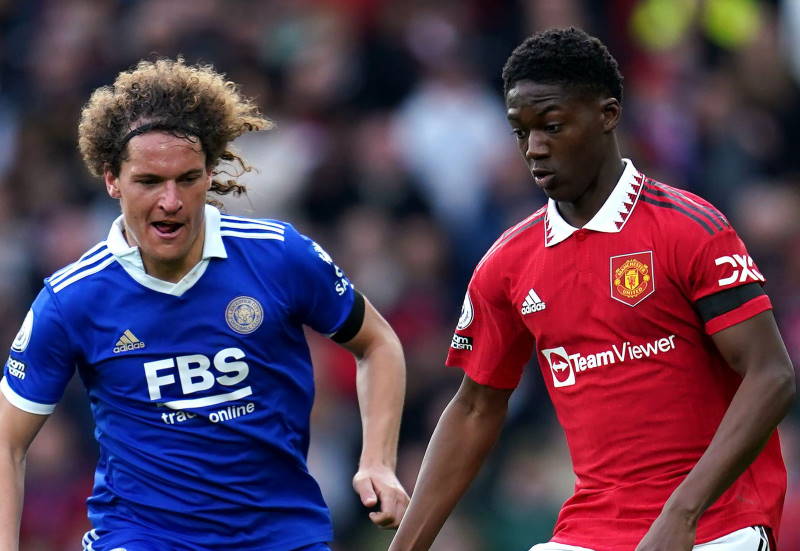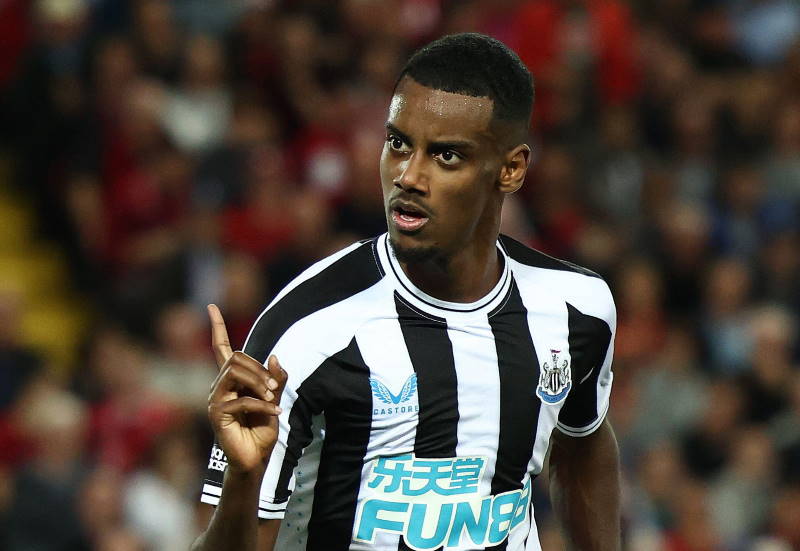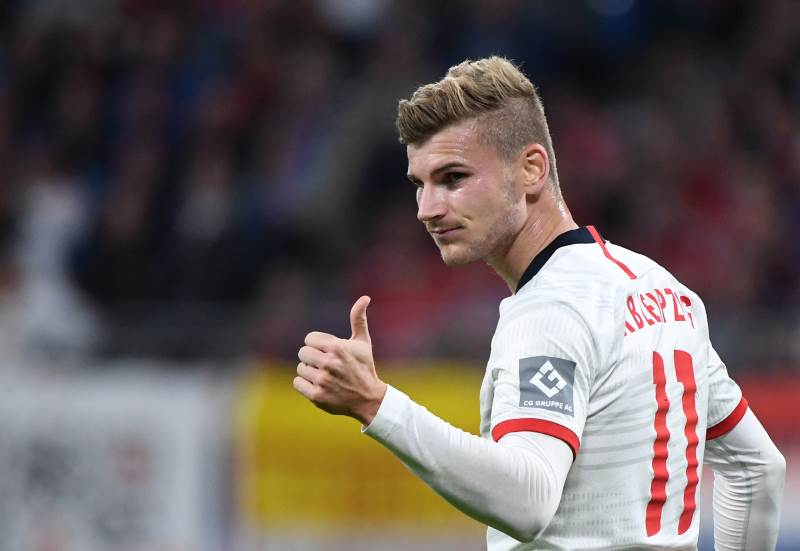
When Lisandro Lopez’ shot beat the outstretched arm of Sebastien Chabbert, the reserve AS Monaco goalkeeper, at the end of May, condemning the principality club to Ligue 2 for the first time in 35 years, it seemed that things could get no worse for the troubled outfit.
Almost six months later, things have got far, far worse. Monaco’s relegation seemed an aberration, one of those bizarre clashes between reality and the unimaginable, but now the principality side sit bottom of Ligue 2, at the foot of the French professional football pyramid. Monaco are not alone though and, astonishingly, are joined in the second tier basement by Lens and Arles Avignon, the two teams with which the club were relegated.
Of course, it has not always been like this for Les Rouge et Blanc, who do not have to look too far back to conjure up an illustrious history. It was only in the 2003/04 season that Monaco were one game away from winning the Champions League, losing out only to a Jose Mourinho-inspired FC Porto. That European adventure contained an 8-3 win at home to Deportivo La Coruna, arguably one of the most famous Champions League clashes of the last decade.
That team, coached so skilfully by Didier Deschamps, soon fell apart and the club as a whole quickly followed. Though the departure of the former Juventus midfielder saw several key players exit the principality too, including Fernando Morientes, Ludovic Giuly and Jerome Rothen, it was the loss of Jean-Louis Campora which proved to be the most damaging.
Campora arrived at Monaco in 1976, the year the club had last been relegated, and was forced out by the catastrophic financial troubles building up in the Stade Louis II boardroom – instability has reigned ever since. Three further changes of ownership, eight coaches, almost 60 signings and even more departures later, and the club are fighting to survive in Ligue 2.
For a team to have suffered through such turmoil there would be assumed to be a consensus around the need for stability. Yet calls are growing for the departure of current president Etienne Franzi and his right hand man Raymond Bella.
On the pitch Monaco quickly turned to a former favourite, tempting popular midfielder Giuly back to the principality. Having returned via a spell with big spending Paris Saint-Germain, the ex-AC Milan schemer could not have arrived at a club more different than that which he left in 2004. The 35-year-old was tasked with helping to lead Monaco back to the top flight, but instead finds himself battling relegation and aiming to preserve the side’s future as a professional team.
Marco Simone, the former Italian forward who also returned to the club he scored 28 goals for a decade ago to replace Laurent Banide on 12th September, has placed his faith in Giuly. Simone concedes though that the winger “cannot do it alone.”
If Giuly cannot save Monaco, Simone must. On early inspection however the Italian’s brief time at the helm would appear to have been a disaster, with the club dropping from 18th to 20th and spending over a month rooted to the bottom of Ligue 2. Since Simone took charge results have barely improved; the team were averaging 0.66 points a game and are doing but a little better at present. Things are less gloomy than they were, albeit the situation is still dire, but Simone has succeeded in turning defeats into draws – the next step is turning draws into wins.
A 2-2 draw at home to Le Mans last month was the perfect illustration of this, with the team losing with just minutes remaining before Marama Vahirua volleyed home an equaliser. While welcome, with eight draws and just one victory, Monaco are struggling to turn precious points into all three. The principality outfit have lost seven games in the league, but only Amiens have lost fewer of those to sides in the bottom half of the division. As Simone himself admits, results are “catastrophic,” but he retains hope that there is fighting spirit in his team, evidenced he claims by the late equaliser against Le Mans.
“At the moment nothing works, but I am certain that things will change. We deserved to win, above all else the team showed character to equalise at the end”, Simone said. “We can’t lower our shoulders, we must fight. I think that it is a problem of concentration.”
Simone’s return is somewhat romantic; he has given up numerous scouting, consultancy and player representative contracts, which amounted to a significant sum of money, to return to Monaco for comparatively little. It is the 42-year-old’s first coaching job too, and the former forward is hoping to integrate the fast, pressing attacking style of Arrigo Sacchi (whom Simone played under at AC Milan) with the more rigorous tactical discipline of Fabio Capello, who succeeded Sacchi at the San Siro.
It sounds good and certainly there are few coaches in the game from the last 20 years who a new manager could hope to learn more from. But Monaco are in a dangerous and rapid decline. Big ideas and such long term vision is what creates great teams and success over a number of years. Simone though, must worry about the here and now, because if Monaco are relegated this season, the famous club could go the same way as Racing Club de Strasbourg.
Le Racing were relegated to the third tier for the first time in their history in the 2009/10 campaign and before this season began the 1979 French champions were liquidated; their tale will cause Simone sleepless nights between now and the end of the season. The fate of an esteemed institution rests on his and Giuly’s shoulders, and he knows it. And with just over a third of the season played, time is already running out to save Monaco from disaster.

